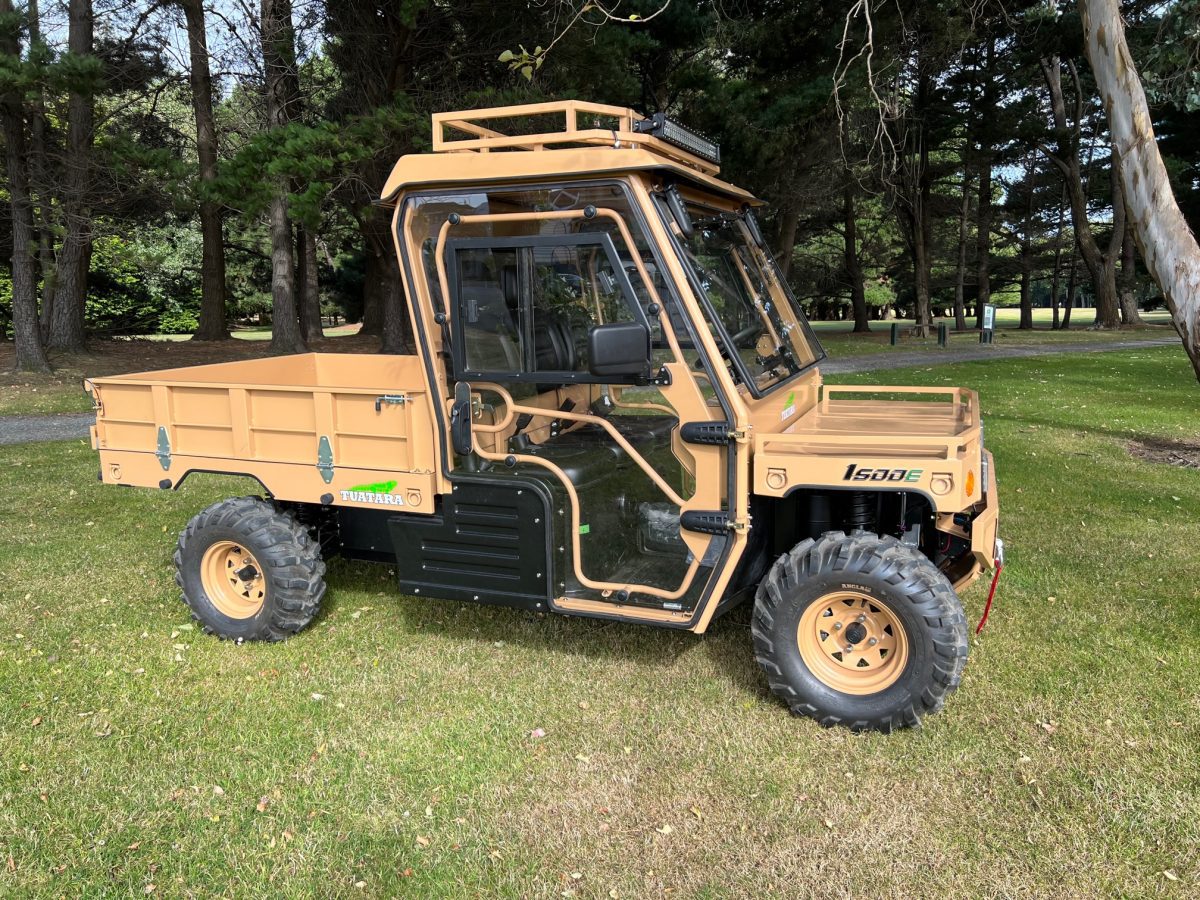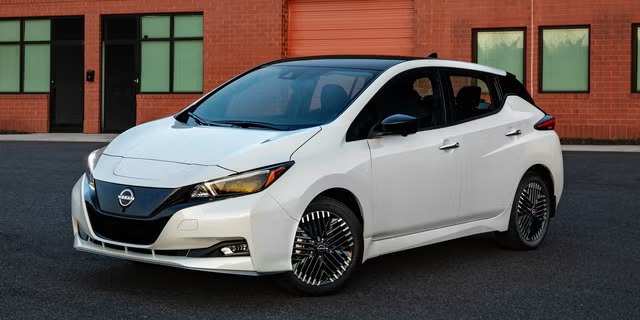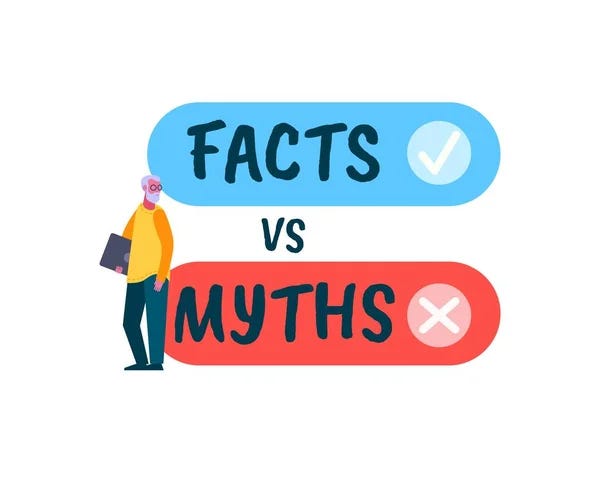Why NZ’s Future Depends on Reliable Green Electricity — and How EMVC Is Leading the Charge
The World Runs on Electricity — and So Will Our Future
At The Electric Motor Vehicle Company Ltd (EMVC), we’re working hard to enable our customers to access reliable, clean, and affordable electricity — the true backbone of modern living and innovation.
Nearly everything around us now runs on electricity, and most of it operates through digital devices. These devices use complex semiconductor circuits that control how electricity flows. These on-off pathways — billions of them working together — form the foundation of the devices we depend on every day.
The Growing Demand: AI and Always-On Power
Artificial Intelligence (AI) represents the latest leap in this digital evolution. Given a prompt or instruction, a computer can now pull from massive online databases to return near-instant answers — something that would take a human years of research.
This incredible power, however, comes with one crucial dependency: a stable, always-available electricity supply. As AI and automation become more integrated into everyday life and business, our reliance on uninterrupted power will only increase.
If New Zealand wants to thrive in the global digital economy and attract modern, future-focused industries, we must become leaders in reliable, cost-effective, and green electricity supply.
Clean Energy Sources Alone Are Not Enough
Wind and solar energy are two major non-polluting and non-exhaustible energy sources. However, both are variable and unpredictable in output. The sun doesn’t always shine, and the wind doesn’t always blow — especially when we most need power.
This means we cannot rely on these for base-load power unless we can store the energy they generate and deliver it when required.
This Is Where EMVC Comes In
“We’ve long relied on Chinese battery suppliers for energy storage,” says Alex de Boer, Managing Director of EMVC. “But it’s proved problematic. There’s little transparency, limited fault support, and it’s all about making a sale — not long-term performance.”
That’s why EMVC decided to take battery development and assembly in-house.
Locally Built Modular Battery Systems
EMVC now collaborates with international battery experts and uses a high-quality, reliable supply of battery cells to manufacture modular energy storage batteries right here in New Zealand. These battery packs are designed to:
- Power our own off-road electric vehicles (E-UTVs)
- Store solar and wind energy for commercial or residential use
- Be remotely monitored and managed
- Be swapped, leased, or serviced with ease
“We can now diagnose faults remotely, change system parameters, and service our batteries locally,” says Alex. “We’re even exploring battery swap stations and leasing options — because we have total confidence in our system.”
The Battery Is the Engine
In electric vehicles, the battery is the engine. It must be reliable, efficient, and easily replaceable to keep clients moving.
“That’s what we’ve built — a dependable, modular battery solution, made for New Zealand.”









